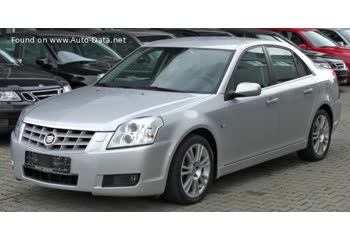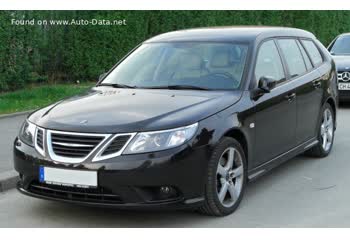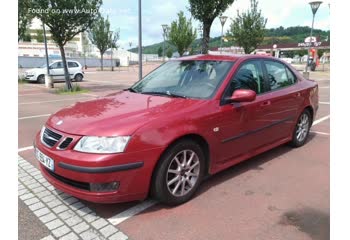Everything you need to know about specifications and performance - Cadillac BLS 2007 - 2.0 T (175 Hp)

Overview:
What is the engine capacity of a Cadillac BLS 2007?
The engine capacity of the Cadillac BLS 2007 is 1998.
Cadillac BLS 2007 How many horsepower?
The engine power of the Cadillac BLS 2007 is 175 Hp @ 5500 rpm..
What is the Cadillac BLS 2007 engine?
Cadillac BLS 2007 engine is B207L. (Click to see other cars using the same engine)
How much gasoline does a Cadillac BLS 2007 consume?
The Cadillac BLS 2007 consumes 8.3 liters of gasoline per 100 km
What is the recommended oil for a Cadillac BLS 2007 engine?
The recommended oil for a Cadillac BLS 2007 car engine is 5W-30.
What type of camshaft transmission system is used in a Cadillac BLS 2007 engine?
chain is used to transmit motion.
General:
Engine:
Performance:
Space:
dimensions:
Powertrain, Suspension and Brakes:
See also

Other generation.
Its production began in 2006 until 2009

Same engine. (B207L).
Its production began in 2007 until 2010

Same engine. (B207L).
Its production began in 2002 until 2007
Write a comment